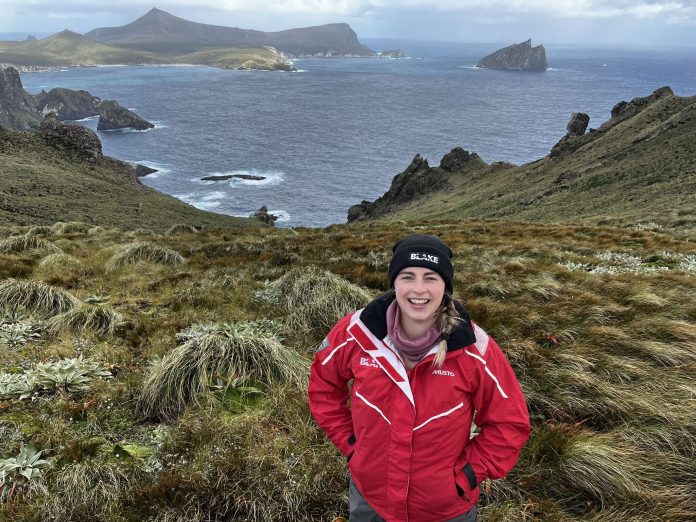
An expedition to the sub-Antarctic Islands doing research on a remote world heritage site was a once-in-a-life time opportunity, according to two Mid Canterbury women.
Hinds School teacher Amy Bennett, 26, and Canterbury University student Ella Rickard, 18, visited the islands for scientific exploration on the Unesco World Heritage site with the Sir Peter Blake Trust.
They joined seven other students, three teachers, four scientists and five staff for a 12-day trip to the untouched island setting, living on board the HMNZS Canterbury.
Among them were personnel from NIWA, Department of Conversation and the New Zealand Defence Force.
It was a memorable experience.
Research included kelp sampling to study diseases, peat coring, rock sampling, and collecting data on megaherbs, weevils, and springtails.
Students worked alongside top scientists in their field.
‘‘They were passionate about their work and the experience was truly inspirational to be a part of,’’ Bennett said.
The group spent four days on Campbell Island and spent each day sampling with a scientist specialising in a different field.
Bennett said she had been encouraged to attend by colleagues who had attended the Blake Inspire for Teachers programme.
‘‘I was in my second year of teaching (and had a) a strong passion for the outdoors and outdoor education, making the decision to apply for an easy one,’’ Bennett said.
‘‘Words can’t even begin to describe my experience. It was a privilege to be accepted on this trip, representing my kura and community.’’
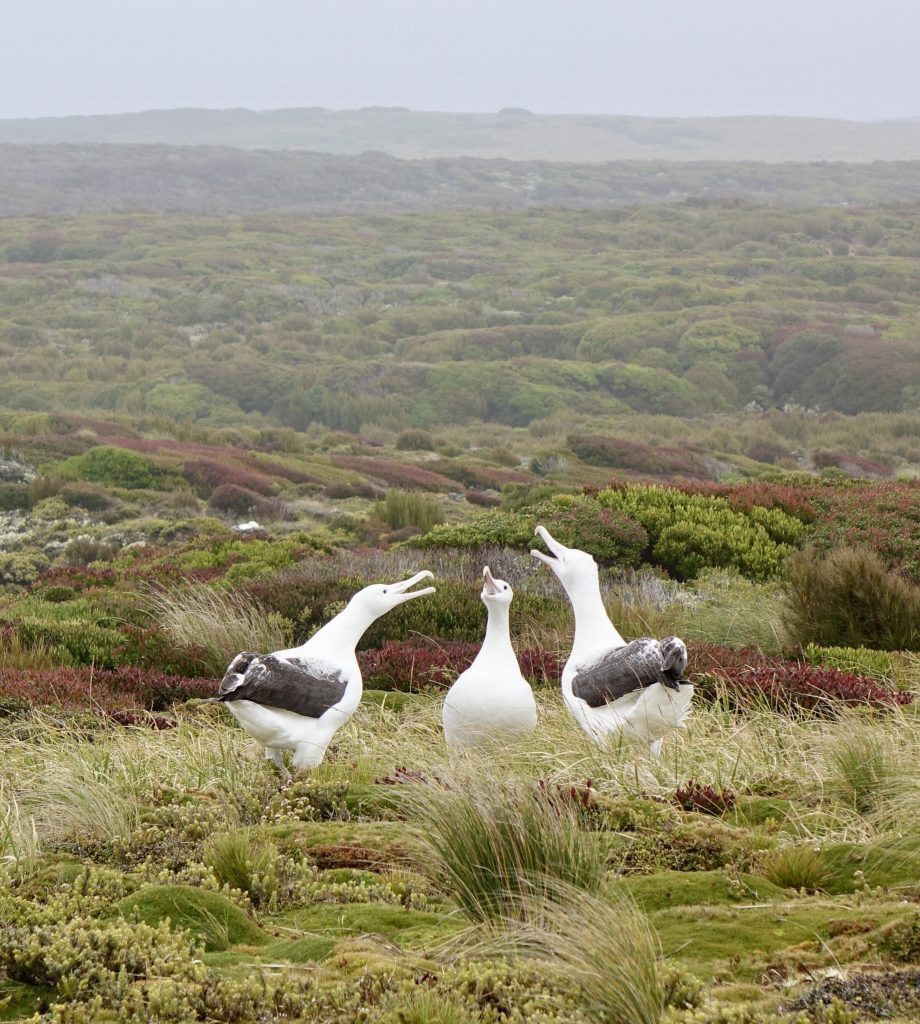
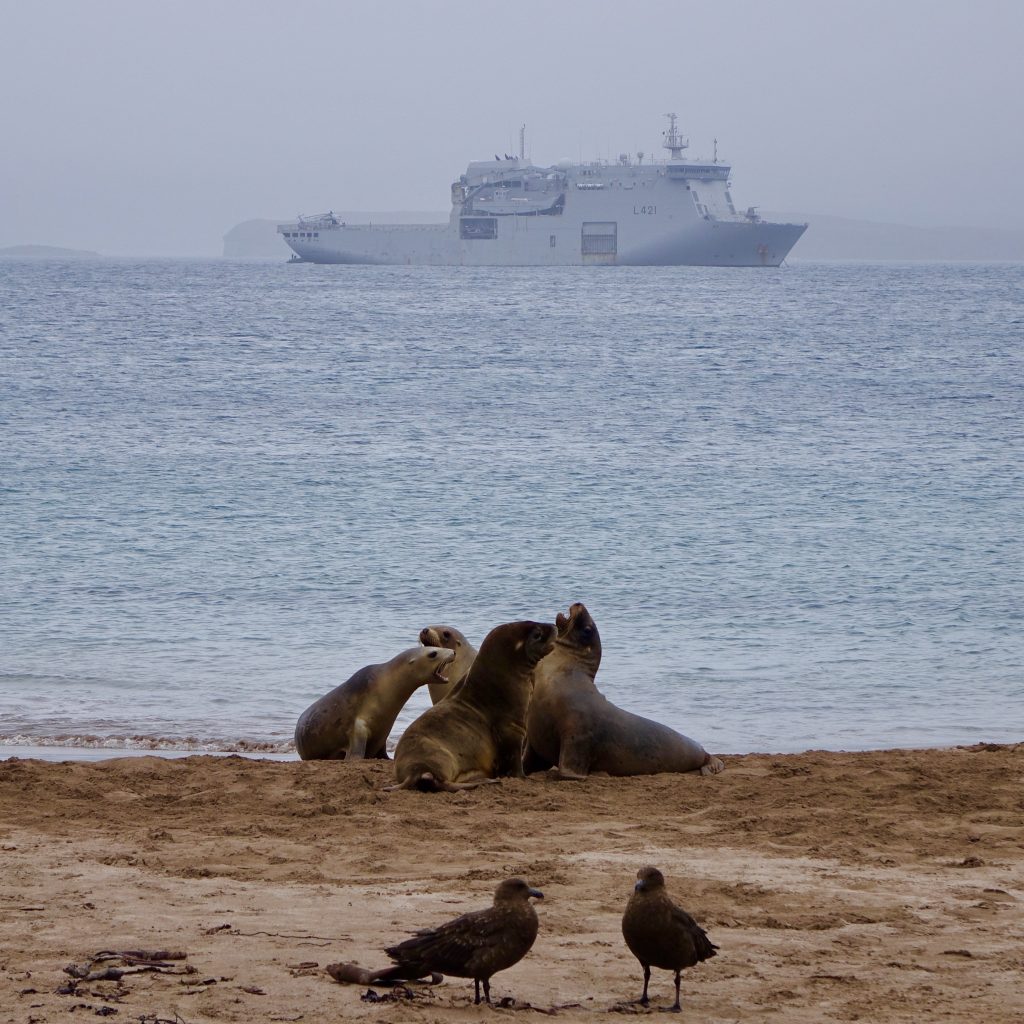
Bennett and Rickard travelled and lived on board the HMNZS Canterbury.
For Rickard, travelling by sea was plain sailing, but Bennett suffered from seasickness.
‘‘Living on a Navy ship and witnessing firsthand what our military does was unreal. Initially intimidating, I soon found my sea legs. The crew was fantastic, allowing us to ask countless questions and explore the ship,’’ Bennett said.
A highlight of the trip for her was the wildlife ranging from seals to the Southern Royal Albatross.
They were greeted on arrival by whakahao (New Zealand Sea Lion).
‘‘I was buzzing seeing them in their natural habitat, it was different from any other seal encounter I’ve had. Being among the wildlife on these pristine islands made me feel small and reminded me that we are merely visitors in a world much larger than ourselves,” she said.
‘‘Reaching Campbell Island, where we conducted our main scientific research, we encountered more Albatross and whakahao. Some even swam close to our zodiacs, brushing against us.
“The highlight, though, was the awe-inspiring sight of Elephant Seals. Seeing them up close was a life-changing experience, leaving me in utter awe of the natural world,’’ Bennett said.
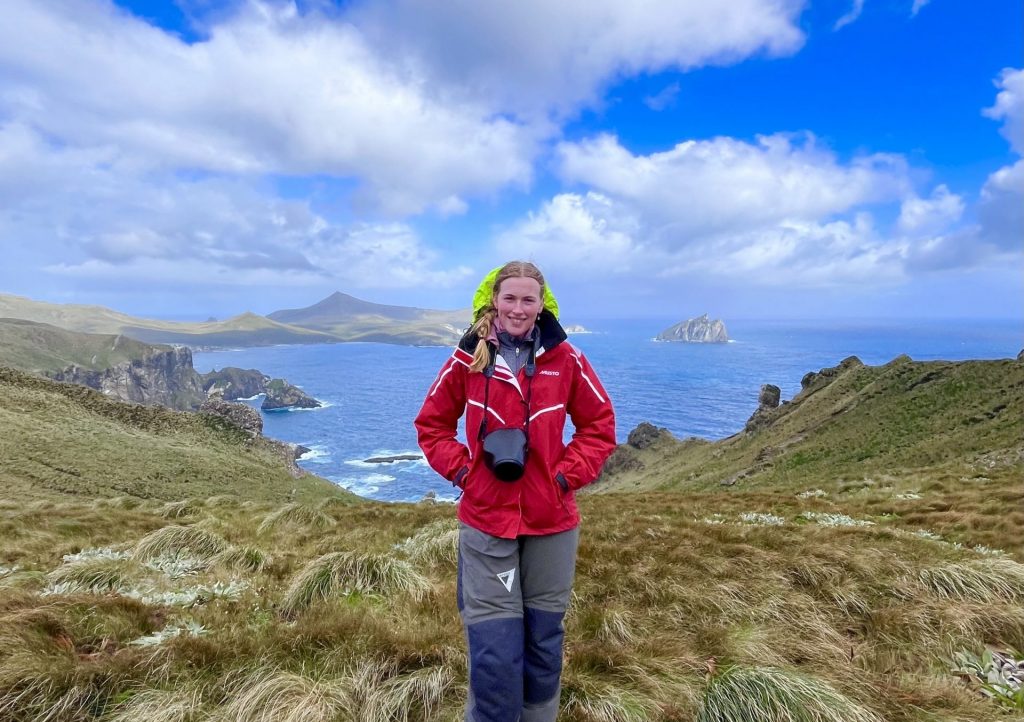
Bennett has never done anything like this before but said it was a privilege to be part of something so amazing.
She had made connections with some “incredible people” and stepped outside her comfort zones.
‘‘As a teacher, I am driven by the desire to educate and inspire the next generation. This journey has ignited my passion and love for the environment, reinforcing my commitment to progress along this path.
“I am now more determined than-ever to inspire our tamariki, encouraging them to appreciate and protect our natural world.
While she was away, her pupils did a research project on the sub-Antarctic.
When Bennett shared her experience and photos with the pupils on her return, they realised how ‘‘cool’’ her trip had been and sparked their curiosity about the area.
Rickard said while temperatures remained above freezing the area was prone to severe weather conditions with rain and strong winds.
‘‘The whole trip was so cool and it was just an amazing opportunity to get involved in something that I am so passionate about,’’ Rickard said.
Being hands-on in the field doing actual experiments alongside scientists was something Rickard said she would remember for a long time.
‘‘One experiment we undertook was to take rock samples and they were then taken to Waikato University where there will be studies to look at the effects of climate change. We took peat core samples of organic material from six and half metres down, from material 1500-years-old,’’ Rickard said.
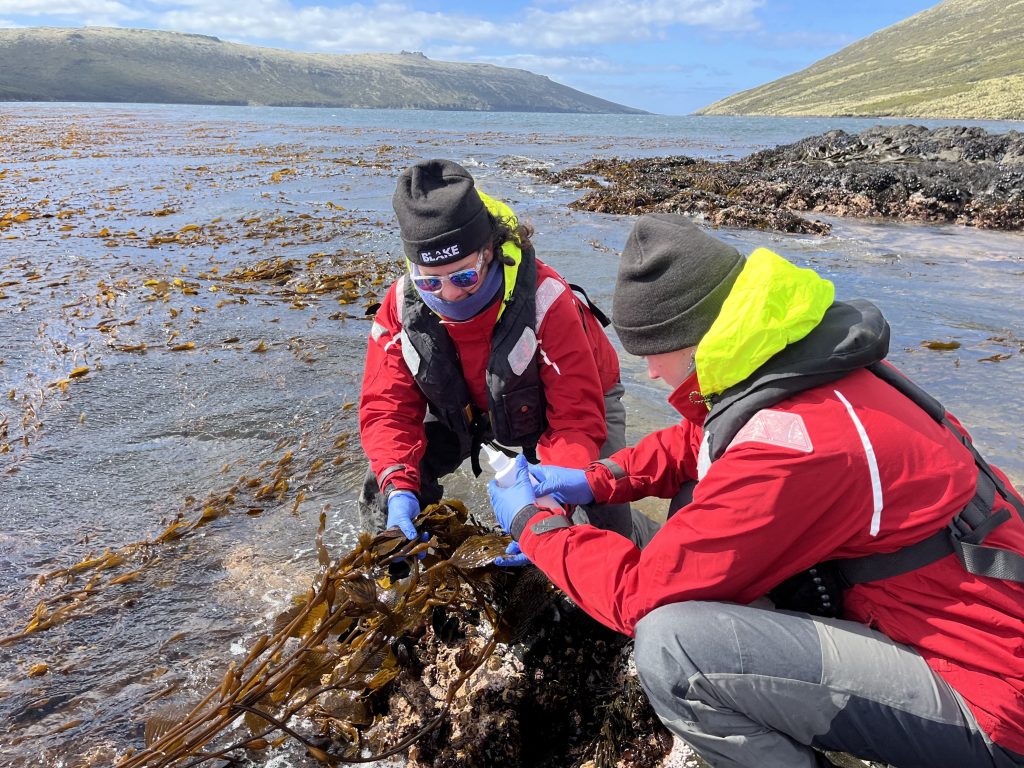
With scientists from Canterbury University, they did studies of kelp to see effects of warming of sea water had on it, including changes to food sources and eco systems.
‘‘It was so interesting undertaking such a variety of research and the trip has fuelled my passion for working in this area,’’ Richard said.
‘‘Being in such a unique and untouched environment amid an amazing landscape with fellow passengers who shared the same passion as me was definitely the highlight of the trip,’’ Rickard said.



